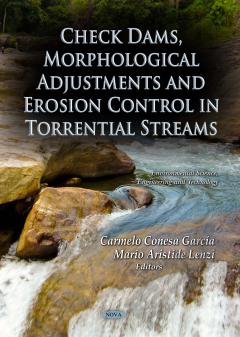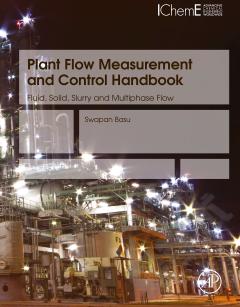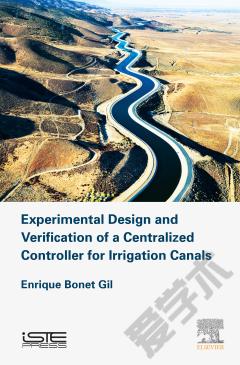Check Dams, Morphological Adjustments and Erosion Control in Torrential Streams
Check dams are a potentially effective instrument for planning of hydrological risks and soil conservation. Cross structure sequences have been used in numerous areas in the world to control flooding, recharge aquifers and stabilize mountain streams, gullies and high-gradient ephemeral channels. Nevertheless, it is little known of the effectiveness of check dams and their morphological effects. This book is an attempt to compile different based-field and laboratory research works in torrential head water areas. Bed stability variations will be investigated according to check dams types, bedrock control, bed slope, channel roughness, lateral sediment input, and highly variable sediment transport capacity. Though the main purpose of check dams is to stabilize the channel bed and diminish the boundary sheer stress reaching a minor longitudinal slope, they can reduce the volume of channel-stored material favouring local scour processes downstream and occasionally destabilize the hill slopes upstream.
{{comment.content}}








 京公网安备 11010802027623号
京公网安备 11010802027623号